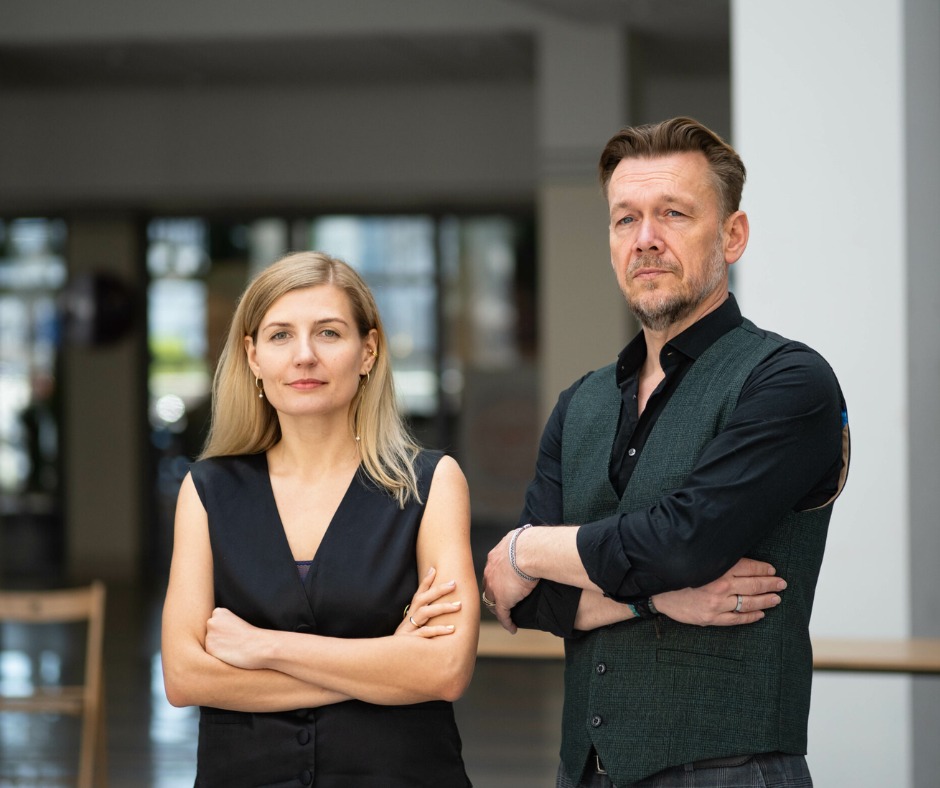A series of three seminars on ‘Cosmophilosophy’ with Professor Rick Dolphijn from Utrecht University has come to an end. The researcher is visiting the University of Gdansk as part of the UG Visiting Professors programme.
Photo: Marcel Jakubowski
The meetings were held as part of CZRUG’s Culture for Sustainability programme, coordinated by Irena Chawrilska, PhD, in collaboration with the Faculty of Philology. The last seminar ‘On New Communities and the Earth’ took place on 15 May 2024 at the Centre for Sustainable Development.
“And thus, we ended our triptych by summarizing the questions raised throughout the series into a more-than-human agenda for the future. We asked ourselves how to realise a world inclusive of all forms of life, as we anticipate and map its changes, and remain open to diverse ways of living together. What does this means for universities today, for the politics of knowledge and for the critical and creative paths we academics need to follow? We departed with a hope to continue these vital discussions in future settings,” comments Professor Rick Dolphijn.
“Making worlds collectively enables humans to look around rather than ahead,” says Irena Chawrilska, PhD. “Echoing Deleuze, Serres, Stengers, Marx we tried to steer away from the concept of Otherness and our humanist perspective…. Agenda 2030 as a strategy for the world is still stands and the university’s goal is to create new ideas on the path towards a sustainable future and empower communities to response-ability for their communities and land as Donna Haraway states. New narratives, ways of thinking and innovations can only emerge through negotiation. Hope that the series of seminars gave us such an opportunity.“
Rick Dolphijn
Rick Dolphijn is Associate Professor at Utrecht University (Faculty of Humanities) and Honorary Professor at the University of Hong Kong (Faculty of Arts). He has published widely on ecology, philosophy and the arts. Currently he is a PI in two internationally funded research projects. His last monograph is The Philosophy of Matter (Bloomsbury 2021).
Rick Dolphijn – Utrecht University (uu.nl)
What is the CZRUG Culture for sustainable development programme?
In the Culture for Sustainable Development Programme, CSDUG creatively ponders the role of culture in the attainment of the Sustainable Development Goals. Agenda 2030 as a strategy for the world still stands and the university’s goal is to create new ideas and in the end develop solutions on the path towards a sustainable future and empower communities to response-ability for their communities and land as Donna Haraway states. New narratives, ways of thinking and innovations can only emerge through negotiation. Making worlds collectively enables humans to look around rather than ahead. Making worlds happens also beyond the humans, within the ecological systems in which each organism has potential to operate as a change agent towards sustainability.


